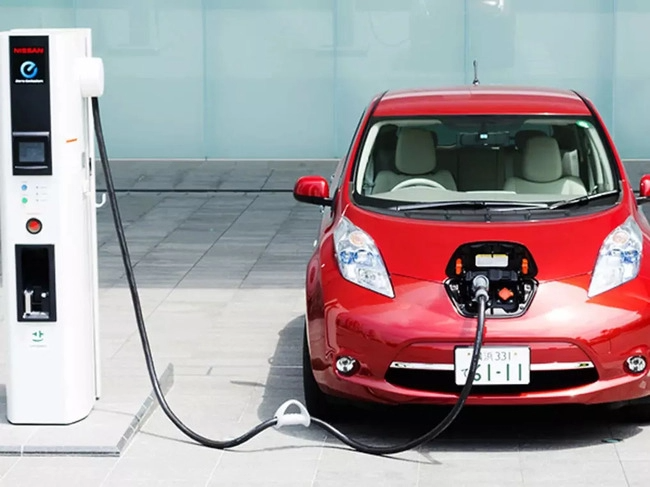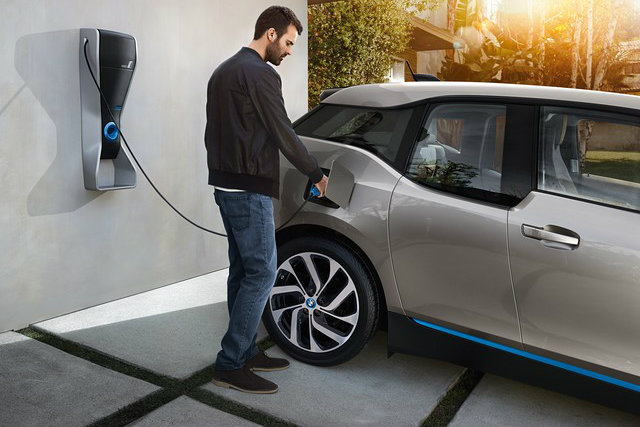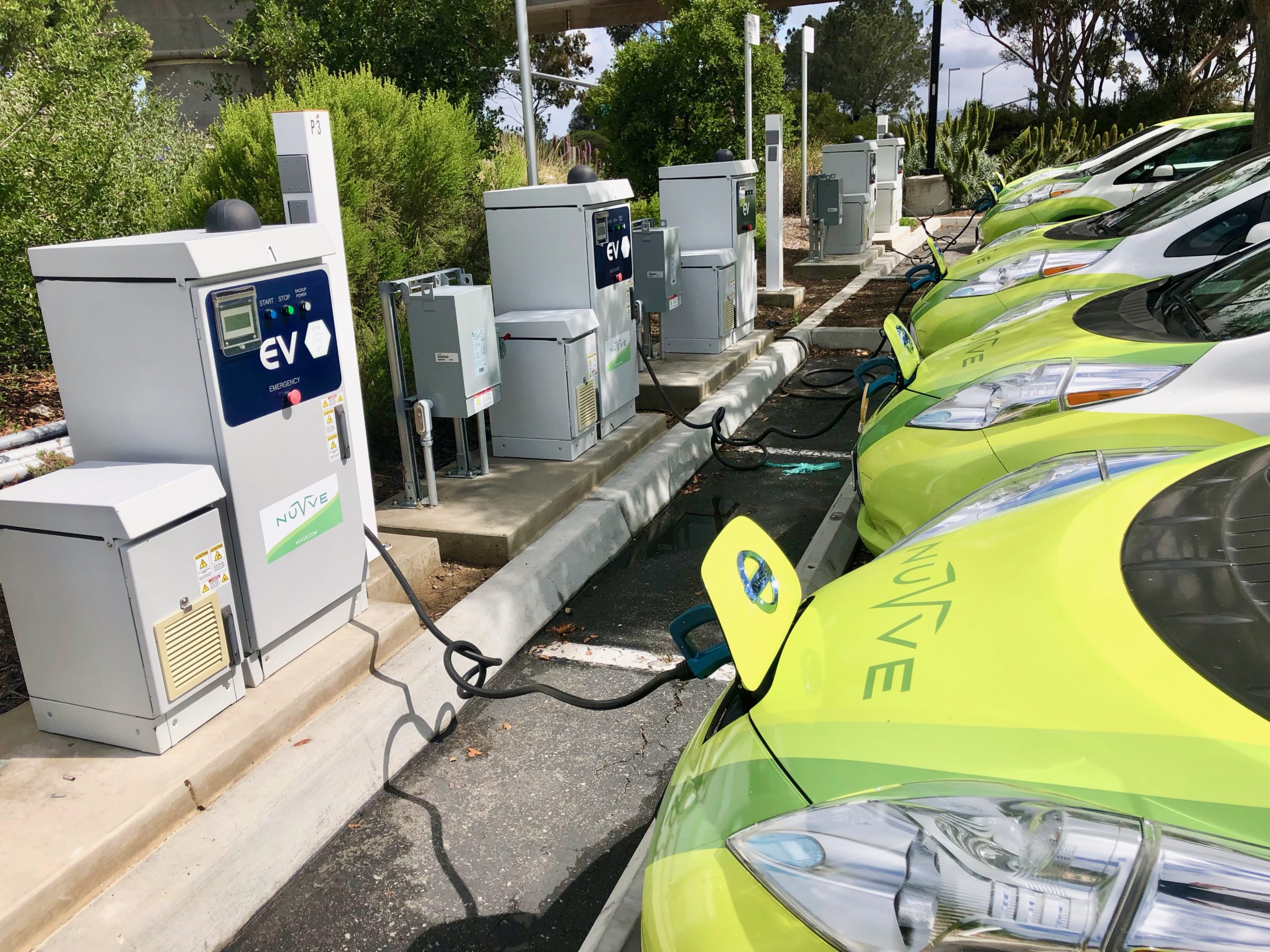What Is the Tax Credit for Electric Vehicles (EV)?
A federal incentive programme called the EV tax credit was created to entice individuals to buy EVs. Residents who purchase a vehicle that complies with the pricing, battery, and assembly criteria and who meet the income standards are entitled to receive up to $7,500 in tax credits from the government. This incentive has existed for years under different guises as politicians have fought to reduce pollution and encourage the use of cleaner energy. Its most recent version, which was signed into law with the Inflation Reduction Act, contains some significant adjustments that will start to take effect in 2023 and last through 2032.
Electric Vehicles FAQ : The Answers to All Your EV Questions
It’s crucial to be aware of the significant changes made to federal EV tax credits by the Inflation Reduction Act of August 2022 if you’re looking to purchase an electric car (EV) or plug-in hybrid electric vehicle (PHEV). While many of the new regulations will go into force on January 1, 2023, some already do. Highlights consist of:
- Qualifying automobiles must be built in North America starting immediately.
- Increasing percentages of battery materials and parts must come from the US or one of its free-trade allies beginning in 2023.
- Both the price of the vehicle and the buyer’s income have significant new eligibility limitations; if one is too high, you are not eligible for credit.
- A one-time tax credit will be available for used EVs sold by dealers. Tax Credit for Electric Vehicles
- Beginning in 2023, brands including Chevrolet, Tesla, and Toyota that had previously hit the 200,000-unit threshold on manufacturer car sales will be able to resume offering similar incentives. Tax Credit for Electric Vehicles
- Beginning in 2024, a new system will let customers claim their EV tax credit at the point of sale rather than having to wait until the next filing season.
Are Plug-in (PHEV) hybrid vehicles leading to a new dieselgate?
The Function of EV Tax Credits
Buying an electric car with a battery propulsion system that can use an external power source qualifies you for EV tax credits. The non-refundable credits are offered for hydrogen fuel cells, plug-in hybrids, and battery-electric vehicles (HFCVs).
- You can use the credits you earn to reduce the amount of taxes you owe in a given year depending on a number of different circumstances.
- For instance, you would repay the government $1,000 if you purchased an EV that qualified for a $7500 tax credit but your annual federal tax bill totalled $8500. Tax Credit for Electric Vehicles
- Depending on the size of its battery pack, an EV can be eligible for a certain number of credits or tax benefits.
- A battery-electric or plug-in hybrid vehicle is not eligible for any EV tax credits if its battery has a capacity of less than 7.0 kWh. All HFCVs are qualified for the full $7500 in tax credits that are available for vehicles. Tax Credit for Electric Vehicles
In what manner operates the electric car tax credit be in 2022?
The tax credit modifications related to IRAs won’t generally take effect until January 2023. Therefore, most of the previous guidelines still hold true if you’re planning on purchasing an EV this year. Here is a summary of how the credit operates at the moment:
- Depending on the battery capacity of the car, the credit ranges from $2,500 to $7,500.
- Following the sale of 200,000 qualified vehicles by a manufacturer, credits start to decline and finally fade out. This disqualifies EVs from GM and Tesla. Tax Credit for Electric Vehicles
- The car has to be yours. Vehicles that have been previously owned or leased are not eligible.
- The vehicle must be under 14,000 pounds in weight. Tax Credit for Electric Vehicles
- The credit is nonrefundable, so even though it can make your tax obligation zero, you won’t get a refund.
How can I make a tax credit claim for an electric vehicle (EV)? | Tax Credit for Electric Vehicles
When submitting your annual taxes for 2022 and 2023, you must include a claim for the electric vehicle (EV) tax credit if you meet the income requirements and purchase a qualifying car. But starting in 2024, you can deduct it from the cost of your car when you buy it




